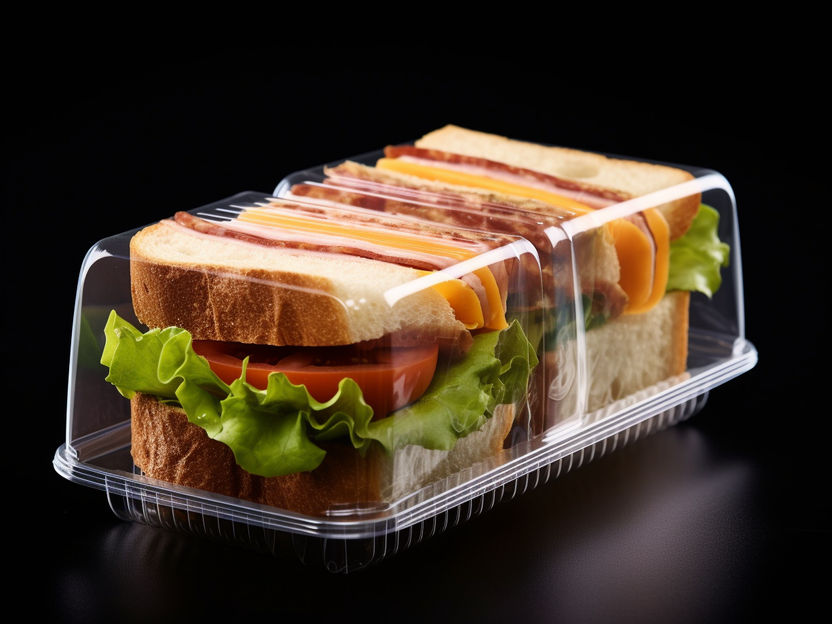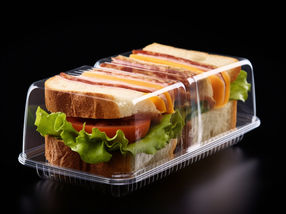Mandatory reuse and special one-way charge
Guide on single-use plastic food packaging published
Advertisement
Since the beginning of the year, the final distributor of certain disposable food packaging with a plastic content has been subject to an obligation to offer reusable packaging. From 2024, manufacturers or distributors of this packaging will also have to pay a special levy to the Federal Environment Agency in addition to the license fee. In view of the uncertainties about which food packaging is covered by the requirements, the associations of system catering (BdS), the food industry (BVE) and the manufacturers of plastic packaging (IK) have published a guide explaining under which conditions single-use plastic food packaging is deemed to exist in the legal sense.

Illustration Disposable Plastic Food Packaging
Bundesvereinigung Ernährungsindustrie (BVE)

Symbol image
Computer generiertes Bild


In company practice and enforcement, the unclear criteria of the definition of "single-use plastic food packaging" in the Packaging Act and the Single-Use Plastics Fund Act cause considerable difficulties. Markus Suchert, chief executive of the Bundesverband der Systemgastronomie e.V. (BdS), explains that so far there is no clear demarcation either at EU level or in Germany as to which packaging is covered. "Adding to the uncertainty is the fact that attempts are being made in some cases to extend the specifications beyond the wording of the directive and the law. The present guide, and in particular the decision trees, will make the difficult examination easier for companies and authorities," Suchert hopes.
On behalf of the food industry, Peter Feller, deputy general manager of the Federation of German Food and Drink Industries (Bundesvereinigung der Deutschen Ernährungsindustrie e.V.), points out that only certain plastic food containers are affected by the legal requirements: "The packaged food must be 'intended' for immediate consumption in particular. According to the express wording of the law, it is not sufficient if the food is only "suitable" for immediate consumption, as is sometimes claimed," emphasizes Feller and sees the application mainly in the take-away sector.
Dr. Martin Engelmann, general manager of the IK Industrievereinigung Kunststoffverpackungen, explains that there is no de minimis threshold for the plastic content, meaning that packaging with a plastic coating or lining is also affected. He also points out contradictions: "According to the Packaging Act, only filled packaging is "packaging" within the meaning of the law. According to the Disposable Plastics Fund Act, on the other hand, empty food containers, for example, are also supposed to be covered, while empty bag and film packaging, on the other hand, are exempt. These contradictions add to the uncertainty," criticizes Engelmann.
Note: This article has been translated using a computer system without human intervention. LUMITOS offers these automatic translations to present a wider range of current news. Since this article has been translated with automatic translation, it is possible that it contains errors in vocabulary, syntax or grammar. The original article in German can be found here.



























































